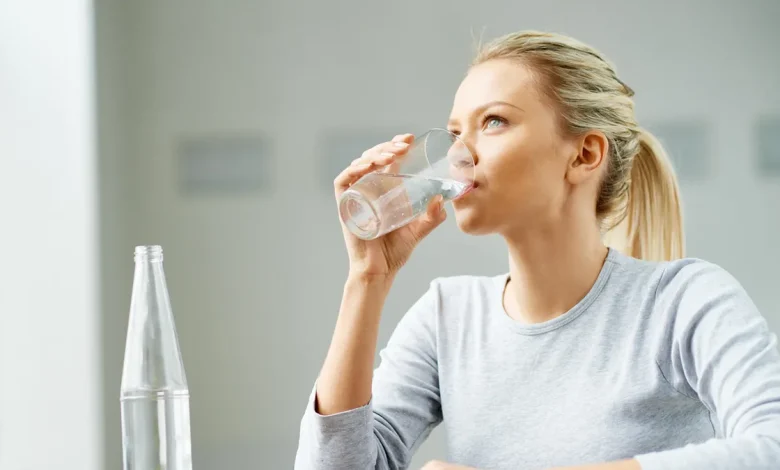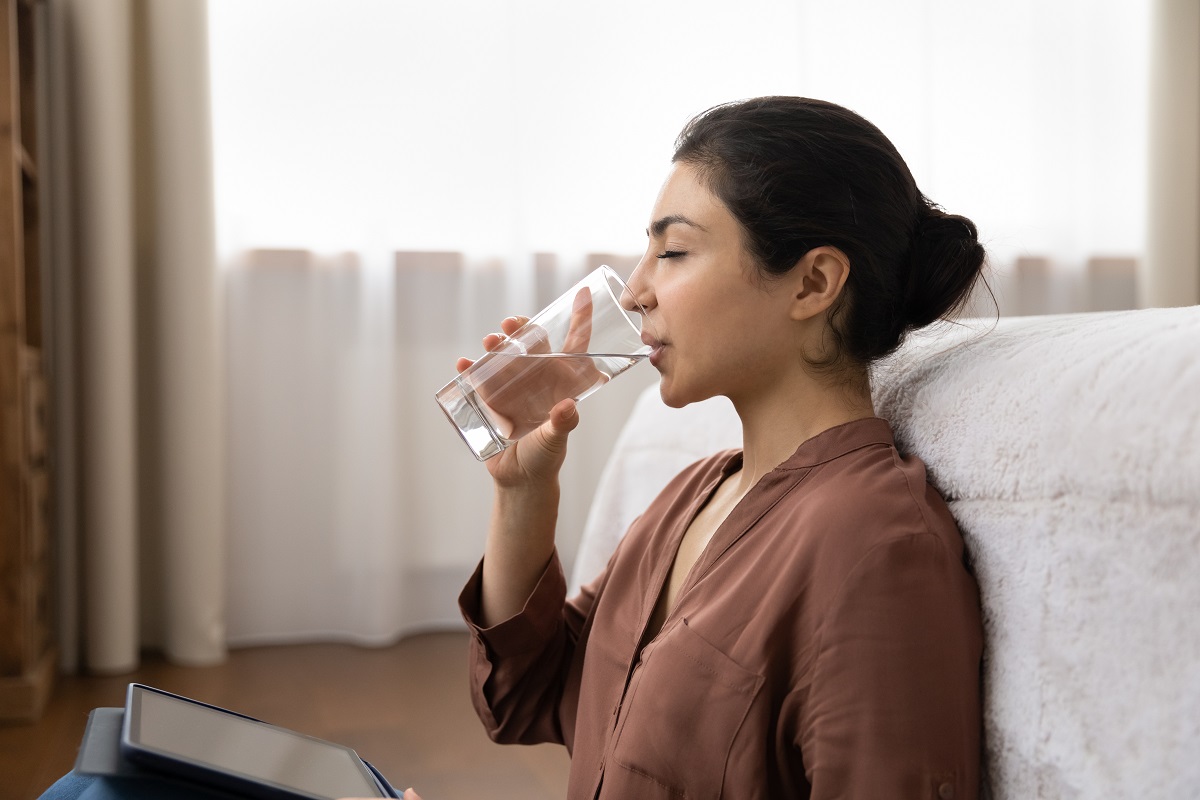Common Hydration Myths: 9 Common Misconceptions About Body Hydration

Common Hydration Myths: Proper hydration is essential for maintaining overall health, but there are several misconceptions about how to effectively keep your body hydrated.
These false beliefs can lead to dehydration or improper hydration habits, which may affect your physical and mental well-being. In this essay, we will explore nine common hydration myths and provide the correct information to ensure you stay properly hydrated.
9 Common Hydration Myths
1. You Should Only Drink Water When Thirsty

Common Hydration Myths, Many people believe that thirst is the only sign that the body needs water. While thirst is a good indicator, it is not the most reliable one. By the time you feel thirsty, your body may already be experiencing dehydration. To stay properly hydrated, it’s important to drink water consistently throughout the day, not just when you feel thirsty.
2. Eight Glasses of Water A Day Is Enough For Everyone
Common Hydration Myths, The “eight glasses of water a day” rule is a general guideline but not a one-size-fits-all solution. The amount of water your body needs depends on various factors, such as your age, gender, body size, activity level, and climate. Some people may require more than eight glasses, while others may need less. It’s important to listen to your body and adjust your water intake based on individual needs.
3. Other Beverages Don’t Count Toward Hydration
Common Hydration Myths, Another common mistake is thinking that only water can hydrate you. In reality, many beverages, including tea, coffee, milk, and even soups, contribute to your daily fluid intake. However, it’s important to be cautious with caffeinated or sugary drinks, as they can lead to increased water loss through urination or negatively affect your health when consumed in excess.
4. Drinking More Water Helps With Weight Loss
Common Hydration Myths, While staying hydrated is important for overall health, the idea that simply drinking more water will lead to weight loss is a misconception. Water can aid in digestion and help you feel full, which may reduce overeating, but it won’t directly cause fat loss. A balanced diet and regular physical activity are essential for effective weight management.
5. Clear Urine Means You’re Hydrated
Common Hydration Myths, Some believe that clear urine is a sign of proper hydration, but this is not always accurate. While pale yellow urine indicates good hydration, consistently clear urine may mean that you are overhydrating, which can flush out essential nutrients and disrupt the body’s electrolyte balance. A healthy urine color ranges from light yellow to a slightly darker shade, depending on your water intake and diet.
6. Sports Drinks Are Necessary For Hydration

Common Hydration Myths, Many people think that sports drinks are essential for staying hydrated, especially after exercise. However, for most people, plain water is sufficient. Sports drinks are designed for athletes or individuals engaged in prolonged, intense physical activity. They contain electrolytes and sugar, which can be beneficial during extreme exertion, but they are not necessary for everyday hydration and can contribute to excessive sugar intake.
7. You Can’t Drink Too Much Water
Common Hydration Myths, Overhydration, also known as water intoxication or hyponatremia, is a condition where drinking excessive amounts of water dilutes the sodium levels in your blood. This can lead to serious health problems, including swelling in the brain, seizures, and even death in severe cases. It’s important to strike a balance and avoid drinking more water than your body can handle.
8. Dehydration Only Happens In Hot Weather
Common Hydration Myths, It’s a common belief that dehydration only occurs during hot weather or while sweating profusely. However, dehydration can happen in any climate, including cold weather, where people may forget to drink water. Even in cooler temperatures, your body loses water through respiration and other bodily functions, so it’s important to stay hydrated year-round.
9. Drinking Water Before Bed Is Always A Good Idea
Common Hydration Myths, Many people drink water right before going to bed, thinking it helps with overnight hydration. While it’s important to stay hydrated, drinking water immediately before sleep can disrupt your rest. The urge to urinate during the night can interrupt your sleep cycle, leading to fatigue the next day. It’s better to stay hydrated during the day and limit fluid intake close to bedtime.
Final Thought
Common Hydration Myths, Staying hydrated is crucial for maintaining your health, but following misinformation can lead to improper hydration practices. By understanding these common hydration myths and adjusting your habits accordingly, you can ensure that your body gets the hydration it needs to function at its best. Remember to listen to your body’s signals, and always aim for a balanced, individualized approach to hydration.
Also Read:
Drinking Water From Plastic Bottles Can Raise Blood Pressure
The Best 6 Tips For Rehydrating The Body For Those Who Avoid Drinking Water
Drinking Water: Benefits Of Drinking Water For Health
Drinking Hot Water In The Morning: The 6 Best Benefits Of Drinking Hot Water In The Morning




